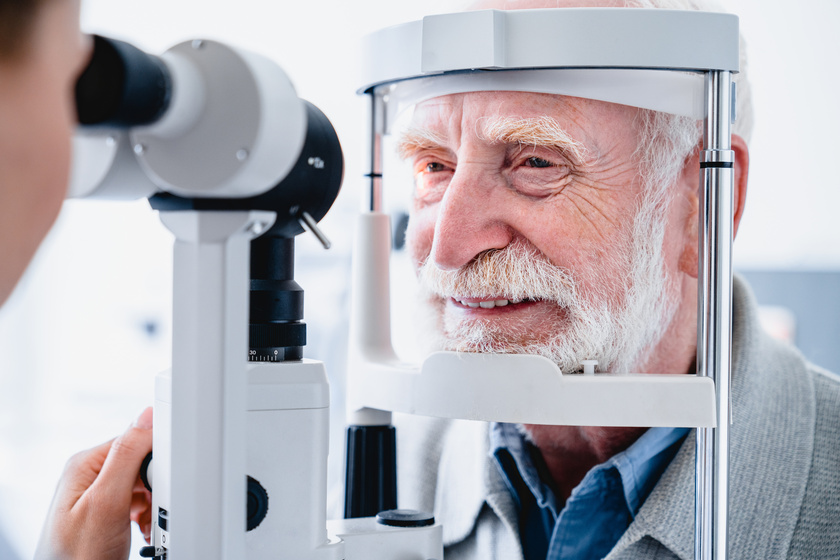As we get older, our eyes start to change. These changes are usually quite normal and nothing to worry about. But sometimes, they can indicate serious eye problems that need treatment immediately. Early detection of eye diseases such as glaucoma or macular degeneration could be the difference between living a healthy life and losing your vision altogether. That’s why aging family members (over 40 years old) need to get regular eye exams on a yearly basis—and even more often if you have risk factors for certain conditions like diabetes or high blood pressure. Eye exams for seniors will allow your doctor to diagnose any issues with your vision before they become more serious problems down the road.
Changes In Vision Can Impact Everyday Life
You can’t always see when something is wrong with your vision. Vision changes may be hard to detect, but they can affect every aspect of your life and the lives of those around you.
If you suspect that there has been a change in how well you see things, it is essential to talk with an eye doctor right away. If left untreated, these changes could increase the risk of developing other eye diseases or conditions like glaucoma or cataracts.
Eye Exams Aren’t Just For Checking Your Sight
An eye exam isn’t just for checking your sight. As you get older, it’s essential to have regular eye exams to ensure that you’re seeing as well as possible and that there isn’t anything else going on in your eyes.
Eye diseases are common in older adults, but they don’t just affect how well a person sees—they can also cause other health problems and make it dangerous for the person with them to drive. Many eye diseases include cataracts, glaucoma, age-related macular degeneration (AMD), diabetic retinopathy (DR), conjunctivitis, and corneal abrasions. Your optometrist can look for these conditions during your visit and refer you, if necessary, so they can be treated before they get worse or lead to blindness later on down the road.
Regular Eye Exams Can Treat Some Eye Conditions
Regular eye exams can also help treat some eye conditions. For example, if you or a loved one is experiencing blurry vision or pain in the eyes, they may have glaucoma. This condition usually occurs when fluid builds up inside the eyeballs due to increased pressure within the eye.
Doctors can treat glaucoma with prescription drugs and laser surgery, which require regular check-ups to ensure they are working properly. Regular exams also allow ophthalmologists (eye doctors) to monitor symptoms and ensure any treatment works effectively.
Early Detection Of An Eye Disease Helps Fight Blindness
This is because the earlier you detect a problem, the better your chances are for treating it. The longer you wait to see an eye care professional, the more difficult it can be to treat your condition and prevent further complications. Also, if you have diabetes or high blood pressure (and have not been treated), these conditions can lead to severe vision problems if not detected early enough.
Keeping Up With Vision Changes Helps Maintain An Active Lifestyle
Vision changes may lead to decreased mobility, independence, and quality of life. As you age, you’re more likely to experience vision changes affecting your ability to move around and complete daily tasks independently. For example, if you need help seeing at night, you might not be able to drive safely. Vision changes may also make it difficult for older adults to participate in activities like sports or reading books on their own.
Conclusion
As you can see, regular eye exams are important for everyone. They help ensure that your eyesight won’t get worse as you age and allow you to stop any problems before they begin. But what if your family members refuse to go? Well, no matter how hard it may be to convince them, it’s worth trying! After all, knowing the risks and signs of vision decline can help protect loved ones from avoidable health problems later on down the line.







